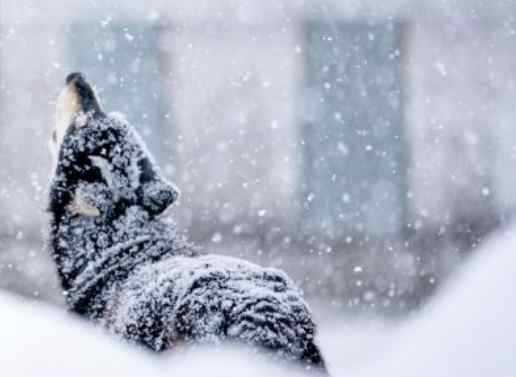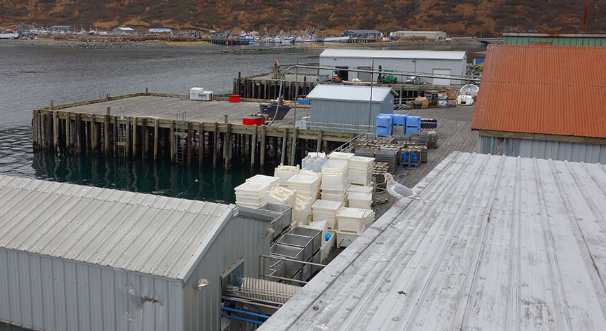 Seattle-The U.S. Environmental Protection Agency (EPA) has settled with UniSea, Inc., an Alaska seafood processor, for alleged violations of the federal Clean Air Act Risk Management Program.
Seattle-The U.S. Environmental Protection Agency (EPA) has settled with UniSea, Inc., an Alaska seafood processor, for alleged violations of the federal Clean Air Act Risk Management Program.
On July 21, 2010, EPA inspected the UniSea seafood processing facility located at 88 Salmon Way, Dutch Harbor, Alaska. At the time of the inspection, UniSea had greater than the 10,000-pound Clean Air Act threshold of anhydrous ammonia and greater than the 2,500-pound threshold of chlorine. The EPA inspection found several violations of the risk management plan regulations. The settlement included a $142,175 penalty.
“Risk management planning saves people’s lives,” says Kelly McFadden, manager of EPA’s Pesticides and Toxics Unit in Seattle. “EPA is committed to protecting workers and communities by reducing the likelihood of accidental chemical releases and creating a level playing field for industry.”
The federal Clean Air Act (Section 112r) requires that all public and private facilities that manufacture, process, use, store or otherwise handle flammable gases and toxic chemicals develop Risk Management Plans (RMPs). Facility’s RMPs are then used by local emergency planners and responders to protect the public from accidental releases of toxic gases like chlorine, propane, sulfur dioxide and formaldehyde.
The Risk Management Program requires companies to create an emergency response strategy, evaluate a worst case and probable case chemical release, and develop/implement a prevention program. The prevention program must include operator training, a review of the hazards associated with using toxic or flammable substances, proper operating procedures, and equipment maintenance.
For a copy of the UniSea CAFO: https://yosemite.epa.gov/OA/RHC/EPAAdmin.nsf/Filings/4F7C4F9FFD5A333485257D35001BC120?OpenDocument






